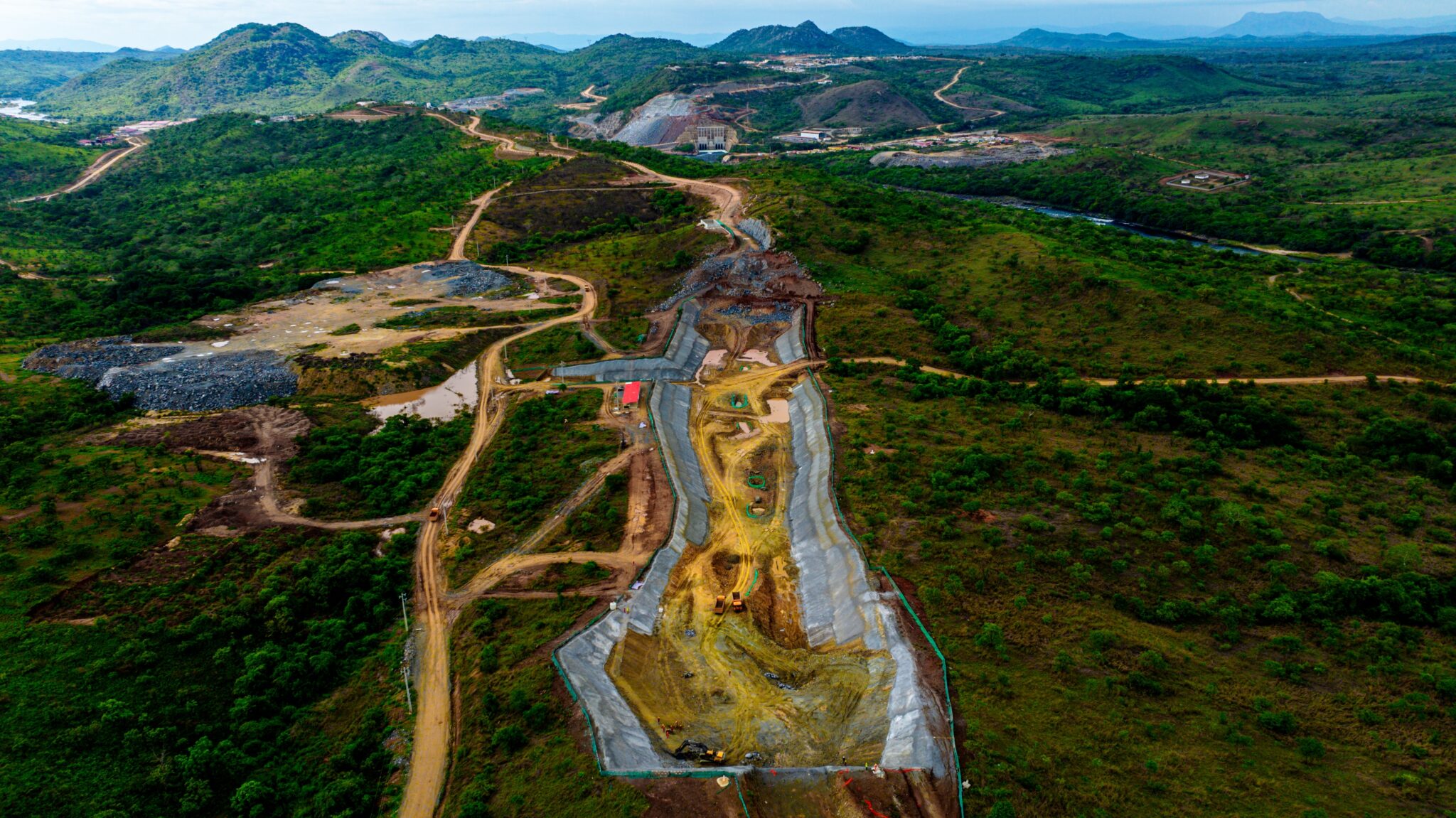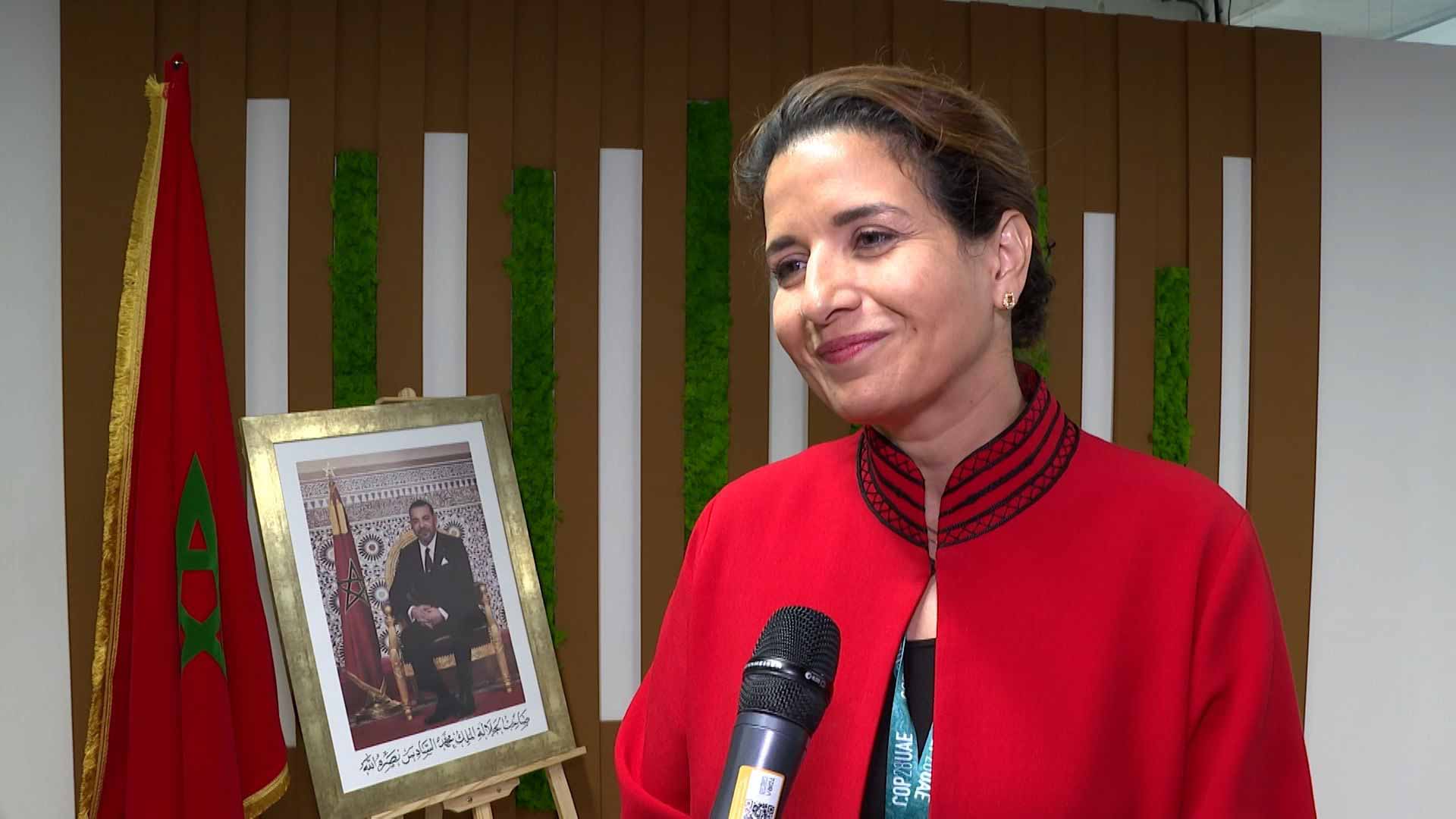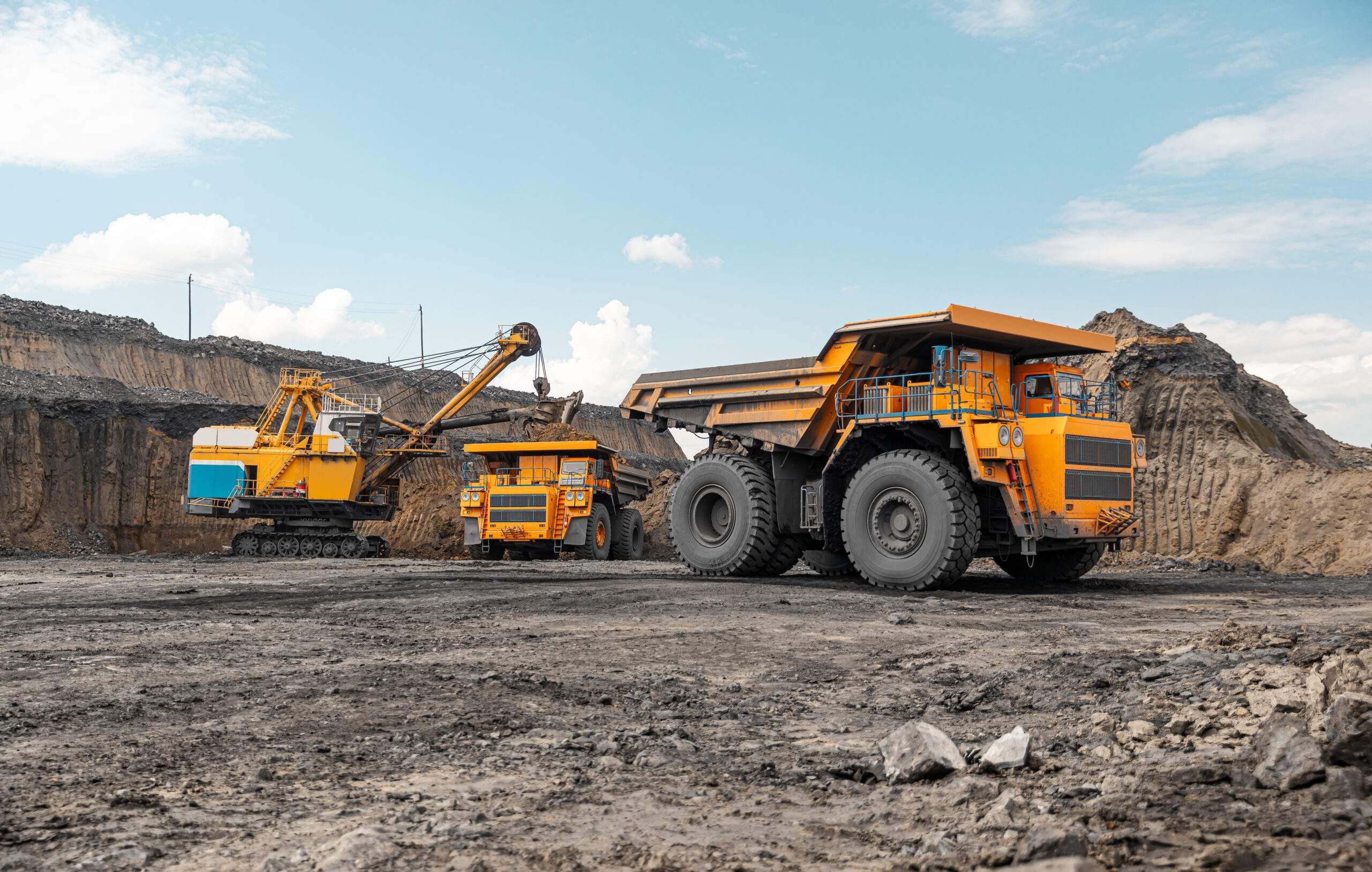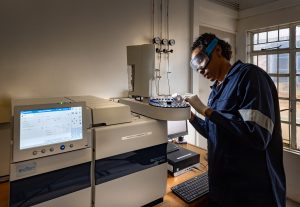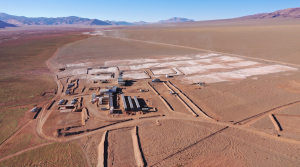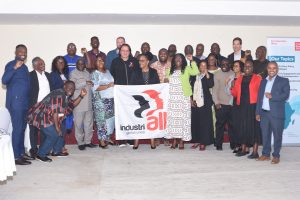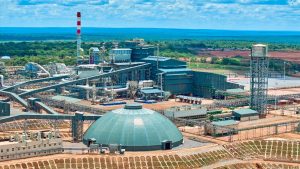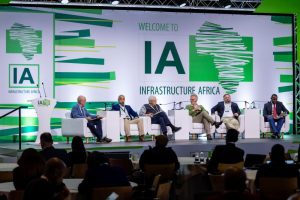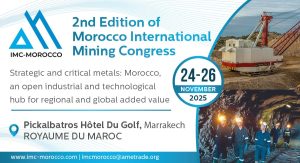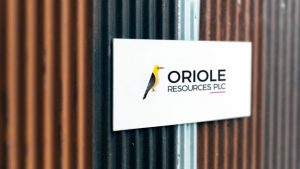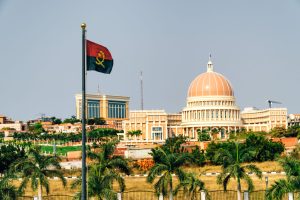DRC mining gathers momentum but sustainable solutions urgent
Following rapid development in recent years, the momentum of mining growth in the Democratic Republic of Congo (DRC) is making it all the more urgent for long term solutions that will suitably address the challenges facing mines, investors and community stakeholders.
This emerged from the recent DRC Mining Week in Lubumbashi, where global group of consulting engineers and scientists SRK Consulting fielded a multi-national team of professionals. As regular delegates, exhibitors and sponsors of the event, SRK Consulting was represented by its offices in China, South Africa and the DRC itself. Dominique Sambwa, chairman of SRK Consulting Congo, highlighted the strong sustainability focus of this year’s event, including growing concerns about artisanal mining.
“It is clear from the Mining Week that the DRC mining sector is an integral part of the broader global community, which has a strong commitment to high technical and ethical standards,” said Sambwa. “The issue of artisanal mining was again at the forefront this year, for instance, and the associated environmental damage and ethical issues around child labour.”
The event provides a forum for stakeholders across the public and private sectors, from government and mining companies to service providers and non-governmental organisations (NGOs). He pointed out that, whilst mining in the DRC had been ongoing for a century, only a small portion of the land mass had been subject to exploration works. The potential therefore remains for mining to transform the country’s economy, said Sambwa, especially if guidelines based on international best practice are in place and, more importantly, implemented throughout the sector.
The presence of NGOs at DRC Mining Week was also an indication that expectations of the mining sector were keenly felt in many quarters, according to Vis Reddy, chairman of SRK Consulting South Africa. Reddy noted that NGOs – along with the stakeholders and communities they represented – were looking to both the public and private sectors for confirmation that the benefits of mining would be widely and fairly distributed.
“The social licence to operate remains a important subject, as much in the DRC as it is globally,” he said. “Whilst many familiar challenges were raised and discussed at the DRC Mining Week, stakeholders are increasingly interested in knowing that the appropriate solutions are not only available but are now also being implemented.”
Finding solutions
SRK Consulting Congo, in collaboration with other SRK practices, has been providing technical studies for over a decade from its Lubumbashi base, with the expansion of its expertise from the geological and mining fields into environmental, social and governance (ESG) fields. As part of growing cross-continental collaboration, Congolese SRK professionals work closely with their colleagues in China and South Africa to serve China-based clients who have operations in the DRC. Bridging language and culture, the teams are currently working with numerous clients to apply global mining standards across a range of disciplines.
Pengfei Xiao, managing director and principal geologist at SRK Consulting in China, said that DRC Mining Week was likely to continue attracting more China-based clients, as mining companies recognised the value of not just sharing their experience with others, but also communicating their activities to a wider Congolese audience.
Common interests
“The event already has some of the larger locally active mining companies represented, and most companies would value being part of a mining community where common interests and challenges faced are discussed,” said Xiao. “As it is, many delegates and service providers come to the event in the hope of engaging government officials and building stronger relationships to facilitate responsible mining activities.”
A vital aspect of the event was for delegates to hear updates from DRC authorities on regulations and interventions that were being planned or implemented, to deal with the various issues affecting mining and investment in the DRC. Roanne Sutcliffe, principal environmental engineer at SRK Consulting and part of the team at the event, noted that SRK typically acts in an intermediary or advisory role between different stakeholders, facilitating the application of regulations and international standards throughout the mineral supply chain.
“Consulting to all levels of operations, from junior miners only just entering the DRC through to long-established DRC mid-tier and major mines, we need to stay up to date with the dynamic regulatory environment in the mining sector on behalf of our clients, so it is always necessary to be close to the players in this space,” said Sutcliffe. “It is also important for events like this to bring different voices together – from regulators and operators through to lenders and NGOs – so that the sector can reflect holistically on both the challenges faced and the opportunities to solve them.”
Responsible sourcing
Whilst the demand for copper and cobalt are the foundation for DRC mining, much of the event’s discourse was underpinned by the changing expectations of end-customers, said Wouter Jordaan, partner and principal environmental scientist at SRK Consulting.
“Metal buyers, battery manufacturers and electric vehicle makers are increasingly insisting that their mined products are responsibly sourced,” said Jordaan. “The regulations and industry standards that are discussed at DRC Mining Week are therefore critical to the long-term stability of supply contracts to these markets.”
He reiterated that SRK was working with clients to ensure they could comply with the evolving battery mineral benchmarks and standards for sustainability, whilst simultaneously raising the bar for all players entering the DRC’s mining sector.
Sambwa highlighted that the DRC’s energy supply could be further developed along a renewable trajectory, given the country’s potential in hydro-electric and solar power generation. This in turn would be embraced by the mining sector, which was working towards reducing its harmful emissions through decarbonisation strategies. Reflecting on some of the key take-aways of this year’s event, he concluded that infrastructure improvement needed to continue as quickly as possible to pave the way into new mining areas of the country, whilst also continuously improving those existing mining areas.
Share this content:


